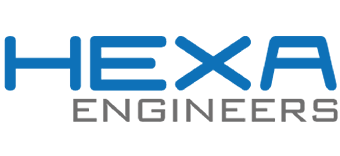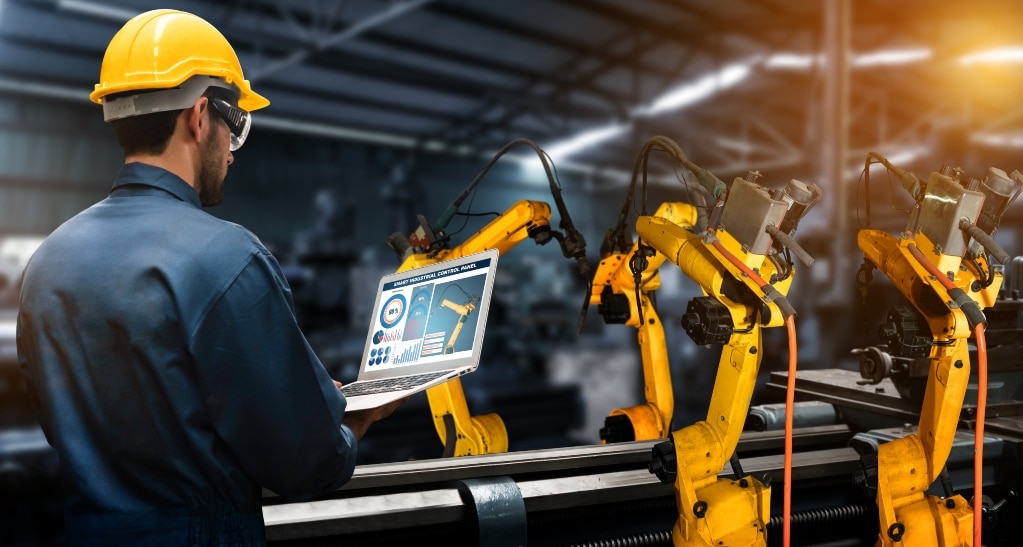The relevant role of cobots in Industry 4.0
The current panorama of the Industry could not be understood as a whole without taking into account the growing role of the so-called cobots. Cobots or collaborative robots are a key element in today’s factories, replacing or collaborating with workers in their most complex, repetitive or tedious tasks with great efficiency. They are not designed to replace jobs by themselves but to work alongside workers and take better advantage of the different tasks to be performed.
At first, a few years ago, they focused on repetitive tasks and areas of standardization of work. However, for some time now they have become a sophisticated tool used by workers in production plants, until they have become essential in the industrial revolution that Industry 4.0 is signifying.
Cobots in Industry 4.0
Industry 4.0 has a primary focus on automation, real-time data, interconnectivity, and machine learning. And cobots are becoming an integral part of smart factories.
Cobots facilitate real-time access to information for workers thanks to their ability to collect and analyze data. They also provide physical assistance to workers by performing dangerous, stressful or hostile tasks instead.
On the other hand, it should be noted that cobots are usually used more as tools than as autonomous entities, capable of facilitating decentralized decisions. In Industry 4.0 they are digital products that continue to evolve through software updates and their own programming capabilities. And thus, their easy access and adaptability is facilitating the creation of constant applications, allowing their use to expand more and more.
Cobots vs traditional robots
Industrial robots have long been used to replace human workers in performing certain uncomfortable or risky tasks. However, cobots are designed to work safely alongside workers in work-sharing spaces.
Thanks to their dexterity and flexibility, cobots have the potential to complete more delicate tasks compared to conventional robots. In addition, they are smaller in size, lighter and safer than traditional industrial robots, with all the advantages that this implies. Likewise, machine learning is making it possible for them to be more versatile tools, both in terms of hardware and software, thus being able to better adapt to a multitude of tasks to be carried out.

Virtues of cobots
Cobots have greater intelligence than a traditional robot due to the technology they have. They are designed to be able to function permanently connected to the IIoT if necessary and to its specific task systems. The technologies incorporated into the cobots allow them a greater awareness than the workers, which gives them a greater capacity in areas such as security or precision.
On the other hand, they are really easy to use once you learn how and what they work for. This frees workers from force tasks to focus on more specialized ones. But they are also responsible for the fact that when performing certain tasks, fewer accidents, injuries or inefficiency situations occur in the industrial plant, which sometimes occur due to boredom of the worker, as a result of constant repetition.
The experience with cobots in the industry since their arrival has seen how productivity increased in those fields where they have been used. Sometimes being able to reach increases in productivity of more than 50 percent, without negatively affecting workers’ jobs. So much so, that one of the fears faced by the workforce of the factories in which they were being introduced has been disappearing thanks to the fact that cobots and workers complement each other perfectly.
Finally, their lower prices compared to traditional robots, the simplicity of their programming and their versatility are making them the protagonists of the current industrial revolution, so there is no going back in terms of their presence.
At HEXA Ingenieros we can advise you on the best implementation of these cobot systems, integrating them into your production process.









